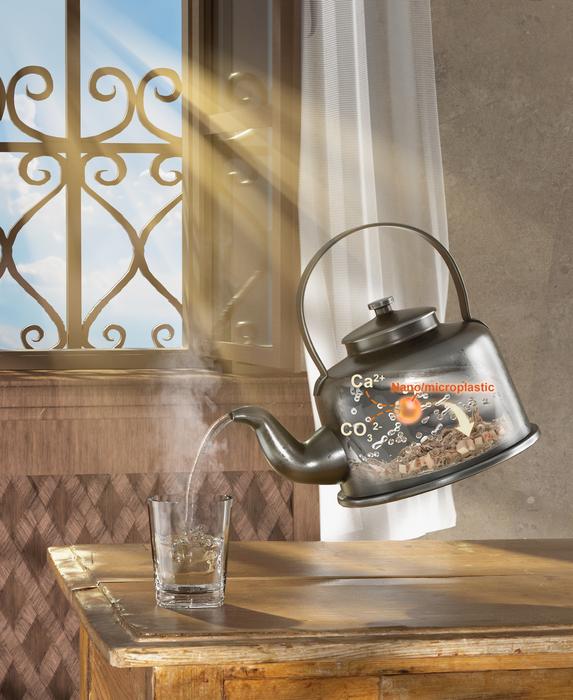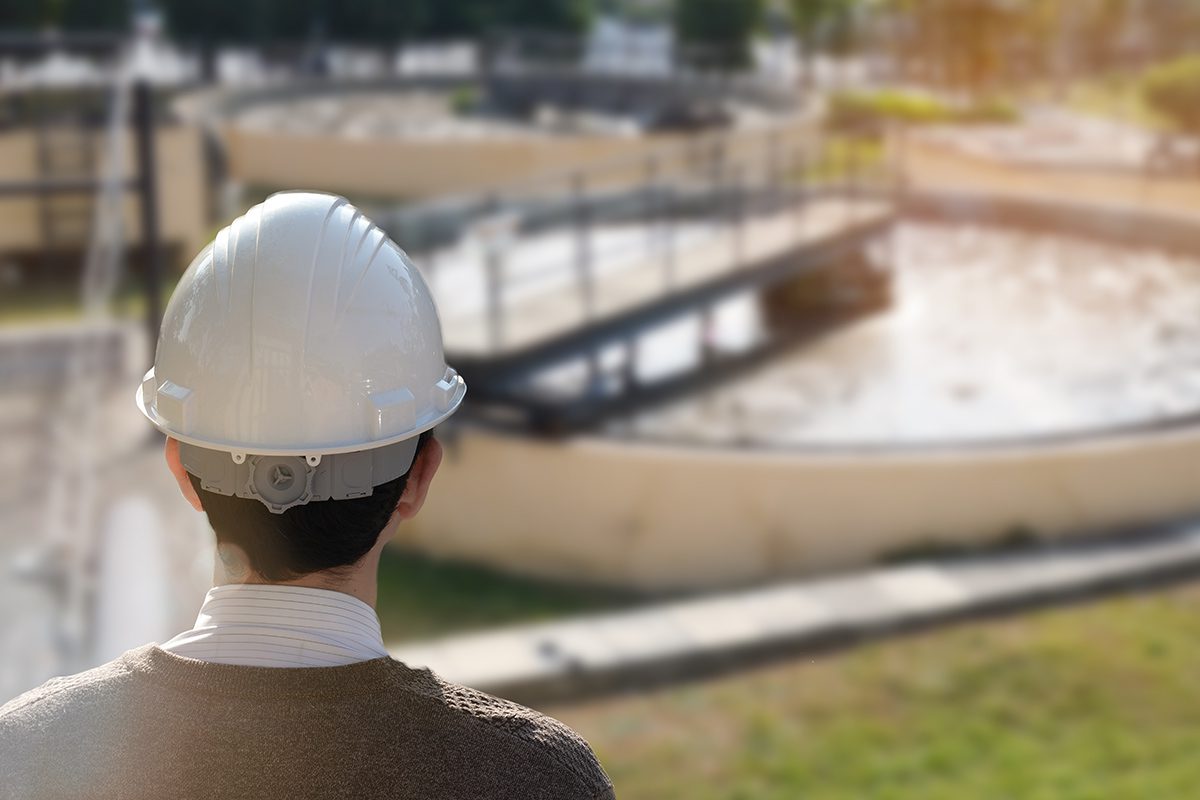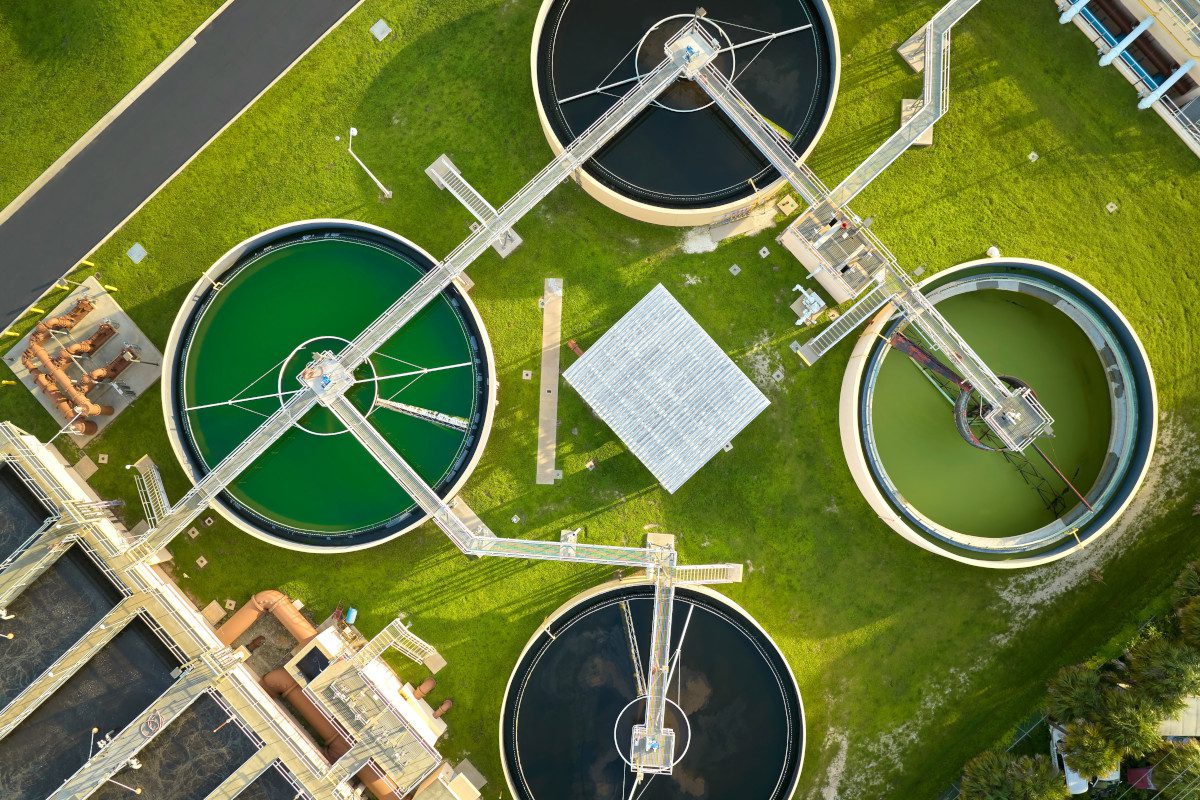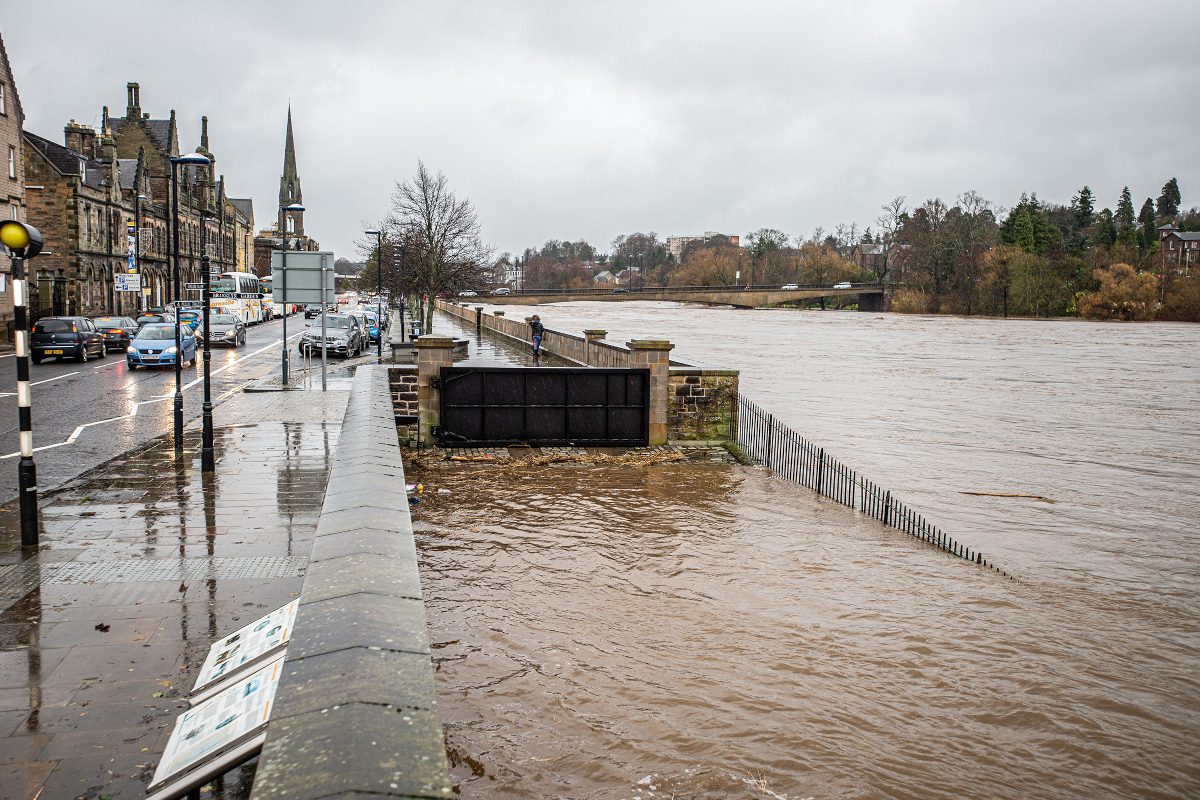
Nano- and microplastics are seemingly everywhere — water, soil and the air. While many creative strategies have been attempted to get rid of these plastic bits, one unexpectedly effective solution for cleaning up drinking water, specifically, might be as simple as brewing a cup of tea or coffee. As reported in ACS’ Environmental Science & Technology Letters, boiling and filtering calcium-containing tap water could help remove nearly 90% of the nano- and microplastics present.
Contamination of water supplies with nano- and microplastics (NMPs), which can be as small as one thousandth of a millimeter in diameter or as large as 5 millimeters, has become increasingly common. The effects of these particles on human health are still under investigation, though current studies suggest that ingesting them could affect the gut microbiome. Some advanced drinking water filtration systems capture NMPs, but simple, inexpensive methods are needed to substantially help reduce human plastic consumption. So, Zhanjun Li, Eddy Zeng and colleagues wanted to see whether boiling could be an effective method to help remove NMPs from both hard and soft tap water.
The researchers collected samples of hard tap water from Guangzhou, China, and spiked them with different amounts of NMPs. Samples were boiled for five minutes and allowed to cool. Then, the team measured the free-floating plastic content. Boiling hard water, which is rich in minerals, will naturally form limescale, or calcium carbonate (CaCO3). Results from these experiments indicated that as the water temperature increased, CaCO3 formed incrustants, or crystalline structures, which encapsulated the plastic particles. Zeng says that over time, these incrustants would build up like typical limescale, at which point they could be scrubbed away to remove the NMPs. He suggests any remaining incrustants floating in the water could be removed by pouring it through a simple filter such as a coffee filter.
In the tests, the encapsulation effect was more pronounced in harder water — in a sample containing 300 milligrams of CaCO3 per liter of water, up to 90% of free-floating MNPs were removed after boiling. However, even in soft water samples (less than 60 milligrams CaCO3 per liter), boiling still removed around 25% of NMPs. The researchers say that this work could provide a simple, yet effective, method to reduce NMP consumption.
The authors acknowledged funding from the National Natural Science Foundation of China.
















